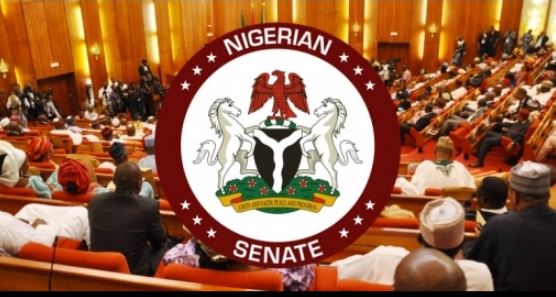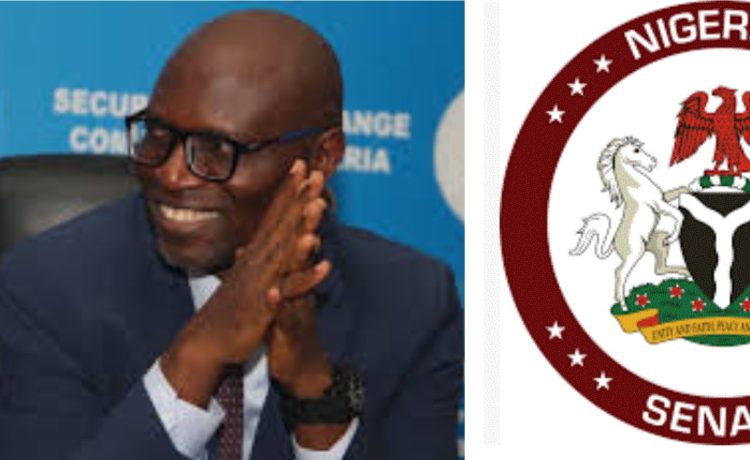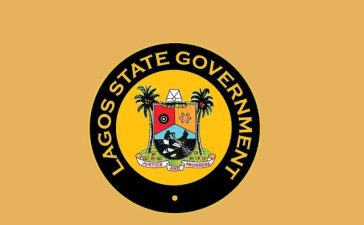In a significant development for Nigeria’s capital market, the Senate of the Federal Republic of Nigeria has passed the Investments and Securities Bill 2024, a move poised to strengthen the operations of the Securities and Exchange Commission (SEC) and foster investor confidence.
The bill also tackles the issue of Ponzi schemes, a growing problem in the Nigerian financial landscape. Dr. Emomotimi Agama, Director General of the SEC, highlighted that the bill would introduce harsher penalties for Ponzi scheme operators, with fines of up to N20 million or a prison sentence of up to 10 years, or both.

Agama also pointed out that the bill explicitly prohibits Ponzi and pyramid schemes, fortifying protections for investors against fraudulent and illegal fund managers. “The bill aims to shield Nigerian investors from fraudulent schemes and enhance the capital market’s global competitiveness,” he said.
The bill, which seeks to repeal the existing Securities and Exchange Commission (SEC) Act, was passed during a session of the Senate on Wednesday. The bill is set to overhaul Nigeria’s securities regulations, aiming to create a more secure and transparent investment environment.
Senator Osita Izunaso, Chairman of the Senate Committee on Capital Market, introduced the bill, emphasizing that it would lead to a transformative shift in Nigeria’s capital market. According to Izunaso, the Investments and Securities Bill 2024 aims to repeal the Investments and Securities Act (ISA) of 2007 and introduce more robust regulatory mechanisms for market activities.
“The Bill seeks to repeal the existing Investments and Securities Act 2007, and to establish a new market infrastructure and a wide-ranging system of regulation of investments and securities businesses in Nigeria, especially in the areas of derivatives, systematic risk management, financial market infrastructure, and Ponzi schemes,” Izunaso stated.
The new law will enhance Nigeria’s regulatory framework and establish the SEC as the apex authority overseeing the country’s capital market. This will ensure that markets are efficient, transparent, and free from systemic risks, thereby boosting investor protection and confidence.
Izunaso added, “It will protect the integrity of the security market against all forms of market abuse and insider dealing. It will prevent unauthorized, illegal, unlawful, fraudulent, and unfair trade practices relating to securities and investments.”
Senator Tahir Monguno, the Senate Chief Whip, further stressed that the bill would protect investors and eliminate fraudulent practices, stating, “This bill will ensure that investors are better protected and that fraudulent dealings in the capital market are curbed.”
A notable amendment within the bill is the expansion of the Investor Protection Fund (IPF), established by securities exchanges. This will now cover investor losses related to the deregistration of brokerage firms, going beyond the current provisions for bankruptcy or negligence.
With this new regulation, Nigeria is poised to better align its capital market with international standards, thereby setting the stage for a more competitive and secure financial sector. “This bill’s passage would be pivotal in setting Nigeria on the path to a world-class capital market,” Agama affirmed.
The Investments and Securities Bill 2024 also introduces new regulatory frameworks for Commodity Exchanges and Warehouse Receipts, key to developing Nigeria’s commodities sector.
The President of the Senate, Godswill Akpabio, celebrated the bill’s passage, stressing that it would inspire greater confidence among investors. “A lot of people would be happy to infuse funds into the capital market when they know a lot of the risk has been minimized,” Akpabio said.
With the passage of this bill, Nigeria is set to make substantial strides toward modernizing its capital market, attracting both local and international investors.







